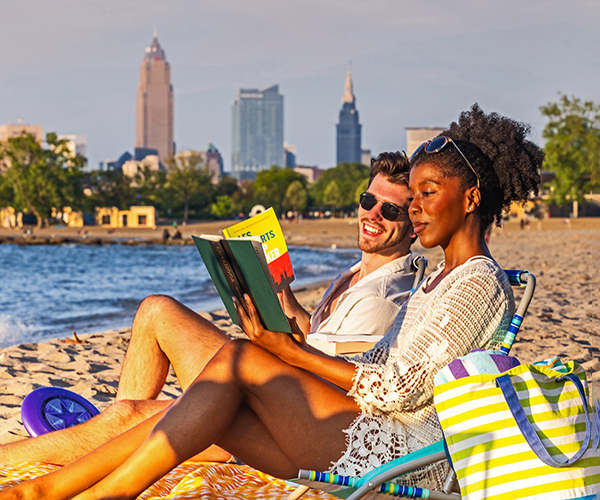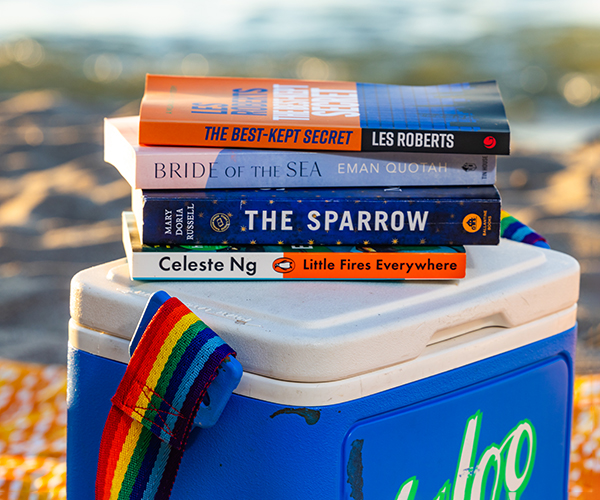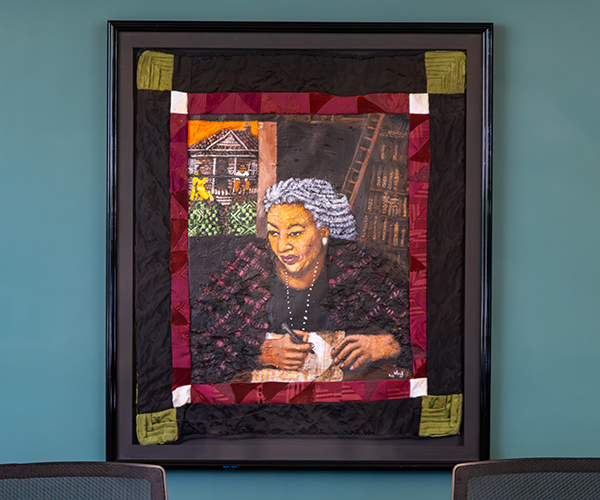As a Cleveland newspaper reporter for more than 35 years, Winsor French explored the many sides of life here and frequently traveled to Paris, Pago Pago and other exotic destinations to give readers a glimpse into those glitzy vistas. James M. Wood, a former Cleveland Magazine contributor whose coverage of culture, the arts and society appeared in our pages for more than a decade, wrote a recently published book about the legendary newspaperman, Out and About with Winsor French (The Kent State University Press, $29). We talked to Wood about French, who happened to be gay, and the Cleveland he knew.
Q: What was the city like in Winsor's time?
A: In the early 1930s, when Winsor was in his 20s and writing his first about-town columns, Cleveland was rich and raucous. Carnegie Avenue was lined with speakeasies — Winsor called them "gilded gin palaces." ... Marijuana cigarettes were for sale in bistros on Bolivar Road in Greek Town.
Q: Did Cleveland have a large gay population then?
A: Yes. The boldest members lived openly in Lakeside Flats, a Bohemian neighborhood at the foot of East Ninth Street.
Q: Did Winsor have an expense account at The Cleveland Press?
A: No expense account. To finance his strenuous social life, he used someone else's money: cash and income from stocks that were gifts from his millionaire lover and patron, Leonard C. Hanna Jr., heir to an iron ore and shipping fortune.
Q: Why did Winsor's friend Cole Porter enjoy traveling to Cleveland?
A: Porter met Leonard Hanna at Yale. ... Both were hard-drinking, amusing men who preferred the company of other men. Porter loved Hanna's estate in Mentor. During the day, he composed or polished songs for his musical shows. At night, Hanna entertained Porter downtown. ... Winsor would join them.
Q: It seemed like Prohibition had little impact.
A: It didn't keep anyone from buying or drinking liquor. Enforcement was a farce. Winsor thought the decline of Cleveland's nightlife began with the repeal of Prohibition.



